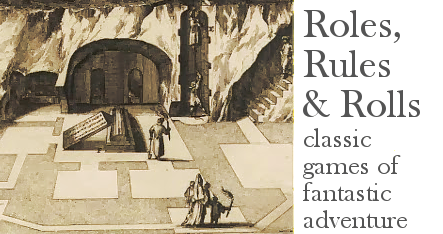Five hexes northwest, five north of Alakran.
Azuppa is a streamside village of 125 people, missed off most maps. The usual (goats) and unusual (cactus ranching, prickly pear fruit and the sweet pulp which is fermented) defines their economy. Their singular custom is the Woeful Designation.
This distinction, marked by a headband of red felt, passes on every third day to a new villager in a complex rota. On that day, the villager is relieved of their duties, and attempts to recite back to each of their fellows all of that person's woes, complaints, and grudges, sincerely and with as much aplomb as they can. When they are wrong, the client is free to abuse and correct them, in the process shouting their woes to the heavens.
It can be imagined that in this place there are no secrets and the Azuppans cause each other as little trouble as they can. If someone is free of woes, the Designated One points them to a woe-stricken individual and charges them with repairing the woe, on pain of an arbitrary forfeit to be decided by the village headwoman, a dry and lean crone called Imirr the Cutgrass Blade. Visitors on this day are not spared, and if they are reticent about their troubles or simply possessed of none, they will be assigned one villager's woe from this list of intractables:
1. Sick goat, vomiting
2. Plague of aphids on their prize cactus bush
3. Unrequited love for an absolutely uninterested agemate
4. Restlessness, ennui in the village, a desire to go far and see great things
5. Fear of spiders, only curable by forced exposure
6. Illness of the liver, foretold to be fatal in three weeks
The forfeits are humiliating acts for the locals, entailing loss of face. Passers-through will simply be fleeced for as much property as the headwoman thinks she can get away with.

